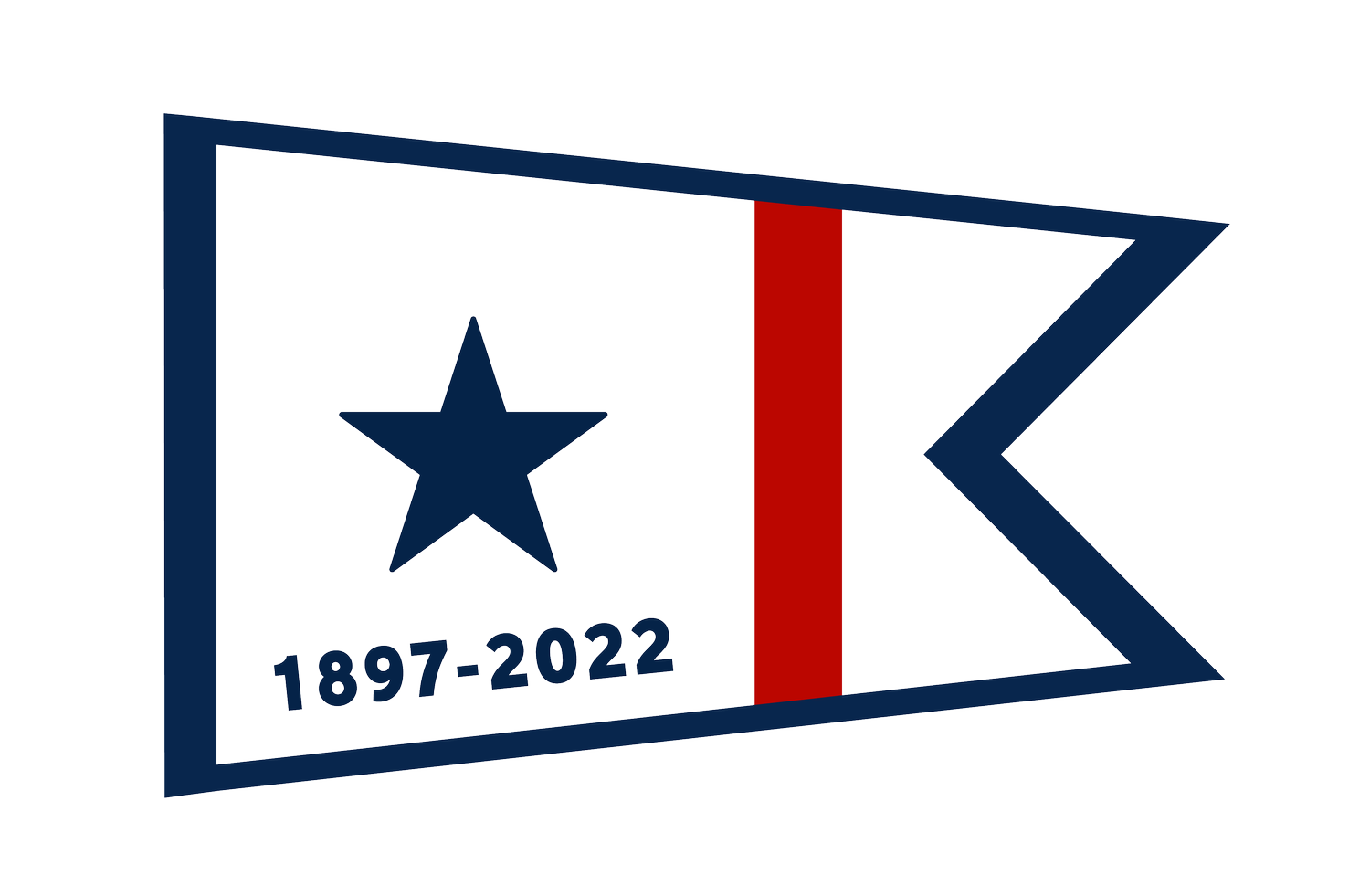
The Science
The Everglades, a UNESCO Wetland Area of Global Importance, is one of the world's best-known and most visited watersheds. It serves as the kidneys of Florida, filtering and cleaning water from central Florida, the Kissimmee River Basin, Lake Okeechobee, and Everglades Agricultural Area during its slow 400-mile migration to Florida Bay and the Florida Keys. Its water quality directly impacts over 12 million people and thousands of plant and animal species that live in and around the Everglades water system.
In 1897, Hugh Willoughby tested his Everglades water samples for silica, iron oxide, lime, magnesia, chlorides, nitrites, nitrates, sulfates, ammonia, organic matter, and total solids. The water testing was performed by the Harrison Laboratory at the University of Pennsylvania. The 2022 Willoughby Expedition team will take water samples in the exact locations where Willoughby’s samples were drawn and, in partnership with the University of Florida, chemically test for the same constituents plus nutrients that we know affect the modern Everglades, such as phosphorus and nitrogen.
It is presently unknown whether PFAS (Perfluoroalkyl and Polyfluoroalkyl) substances and microplastics are affecting the Everglades. Understanding whether PFAS and microplastics are present, in what quantities and concentrations, what types, from what sources, and how their presence (if at all) affects various sections of this critical water system is vital information for scientists, policy-makers, and the 12 million plus Floridians who share the historic Everglades region and associated ecosystems. In partnership with the University of Florida and Everglades National Park, the 2022 Willoughby Expedition will take water samples at designated intervals, including in the most remote and difficult-to-reach portions of the Everglades, and provide the samples to the University of Florida for analysis and publication, adding to our collective knowledge of this growing threat to the global environment.
In partnership with the South Florida Water Management District, the 2022 Willoughby Expedition will also observe, photograph, and GPS mark the abundance and location of apple snail egg clusters in the most inaccessible sawgrass portions of the Everglades. Apple snails are the sole food source of the federally endangered Snail Kite. This information will assist scientists and conservationists in preserving the Snail Kite as a viable species.


